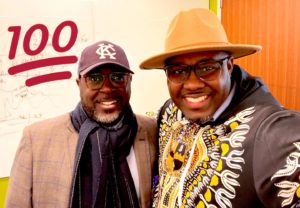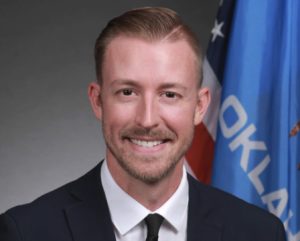Race-based DEI hiring becoming more common in public school districts, says report
A new report by a government education watchdog has found that diversity, equity and inclusion (DEI) hiring is becoming more common in public schools, even as some universities abandon it.
The…

A new report by a government education watchdog has found that diversity, equity and inclusion (DEI) hiring is becoming more common in public schools, even as some universities abandon it.
The result is that leftist indoctrination has become entrenched in the public education system, says the report by the National Opportunity Project (NOP), a nonprofit group in Chicago.
“Among districts that provided records, NOP found myriad examples of political and social ideology influencing the teacher hiring process,” the report reads. “NOP also faced resistance to providing either requested records or fully-unredacted documents.”
Daniel R. Suhr, the senior legal fellow at NOP, told The Lion NOP surveyed over 70 districts from different types of communities to get an idea of what kind of hiring policies and practices were being followed nationwide.
Almost across-the-board the policies were governed by DEI hiring, he said.
Findings take on added importance after the Supreme Court made it clear in a June ruling over admission practices at the University of North Carolina that selecting students for admission by race is unconstitutional.
The Court’s decision was also seen as a blow for the affirmative action, race-based hiring practices at the heart of DEI.
“Importantly, the findings of this report raise serious legal questions in the wake of the
Supreme Court’s recent decision outlawing race-based college admissions,” said the NOP report. “Employment policies in K-12 public schools that consider race, creed, and political ideology and are infused with biased language and decision-making processes unfairly, and sometimes illegally, skew hiring in favor of certain applicants.”
Indeed, it’s not just the race-based hiring practices that are troubling Suhr.
“These are ideological application questions,” Suhr told The Lion about the DEI practices they uncovered. “I think they really strike at the heart of the First Amendment.”
He said that DEI’s political component interferes with Americans right to free speech, as it further entrenches leftist ideologues, and discriminates against conservatives in public K-12 education.
“The government cannot discriminate against us based on our political beliefs or our faith beliefs,” Suhr said. “And certainly, there’s nothing about being a good teacher or a bad teacher that correlates with being a Republican or a conservative or a person of faith. And yet these criteria are used to screen out people who are not on board with these political issues that are taking over our classrooms.”
In states like Texas and Florida, the public university systems have rolled-back DEI initiatives.
“What we’ve seen in our universities is DEI practices that are there for political purposes, advancing political agendas, blanketed with the perception that they are trying to protect diversity,” Texas Gov. Gregg Abbott told the Houston Chronicle.
But while governors and state legislatures have some control over their public university systems, K-12 schools are still largely governed locally by boards of education.
That means that parents have to step up and start asking their local school boards and administrators what kind of hiring practices they follow, said Suhr.
“That is something any parent or taxpayer can do in any school district in America, in every state, by asking their school district the same question,” Suhr told The Lion. “What criteria do you use? What application materials do you use? What essay questions do you ask when you’re hiring teachers? And they can find out if DEI practices are happening in their district. And the scary answer is probably ‘yes.’”
The alternative to parents putting a brake on these practices will be the expensive lawsuits that will be filed to challenge school districts’ DEI hiring practices on constitutional grounds, concluded Suhr.
“School district should be aware that they can face litigation and legal liability for inappropriately employing political criteria in hiring for something as simple as a teacher,” he said.



